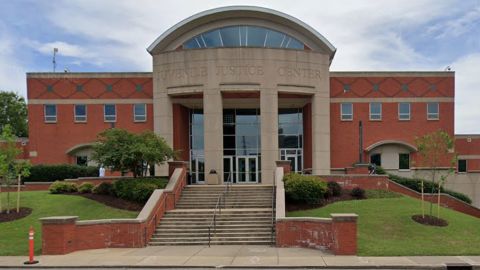The Davidson County Juvenile Court has plans of building its new Nashville Youth Empowerment Campus , a correctional facility dedicated to rehabilitating juvenile delinquents in Nashville and keeping them out of jail. This building is intended to become the new base of operations and will replace the currently existing facility in East Nashville, which was opened in 1994.
According to Sheila Calloway, a Juvenile Court Judge, the new Nashville Youth Empowerment Campus has become a necessity because the old building, which is currently in use, has long since exceeded its space limits, as the Nashville population continued to grow over the years. Calloway also pointed out other structural issues such as piping and sewage affecting their activities.
Also Read US $79.8M contract awarded for the new Federal Courthouse in Huntsville
The new Nashville Youth Empowerment Campus will be developed on a 14 acre-site at the location of the former Al Menah Shrine Temple off Brick Church Pike. According to Juvenile Court Clerk Lonnell Mathews, Jr. the selected location is central enough for the residents of Davidson County. He said the available space in the new location will be large enough to accommodate all operations of the Campus and also provide enough room for future growth and expansion.
Development plans for the new Nashville Youth Empowerment Campus are still in the works and construction costs are estimated at $130 million, but Judge Calloway mentioned that the court was still collaborating with architects to eliminate some aspects and reduce the costs. So far the plans for the new campus includes spaces for the County’s Juvenile Court, a pre-trial housing facility and resources, as well as other agencies that can offer services to families when needed.
New Nashville Youth Empowerment Campus to offer 24/7 crisis support for youths
Other additions to the new Nashville Youth Empowerment Campus include an assessment center offering youths 24 hours support in periods of crisis, a safe exchange space for custodial visitation, and meeting areas for community partners. A detention facility will also be built on the facility, which Judge Calloway said would be the smallest part of the campus. She pointed out that the court’s goal was prevention rather than detention, and for this reason less money would be spent on the detention facility. The completion timeline for the new juvenile justice campus has been set at three and half years.

Leave a Reply